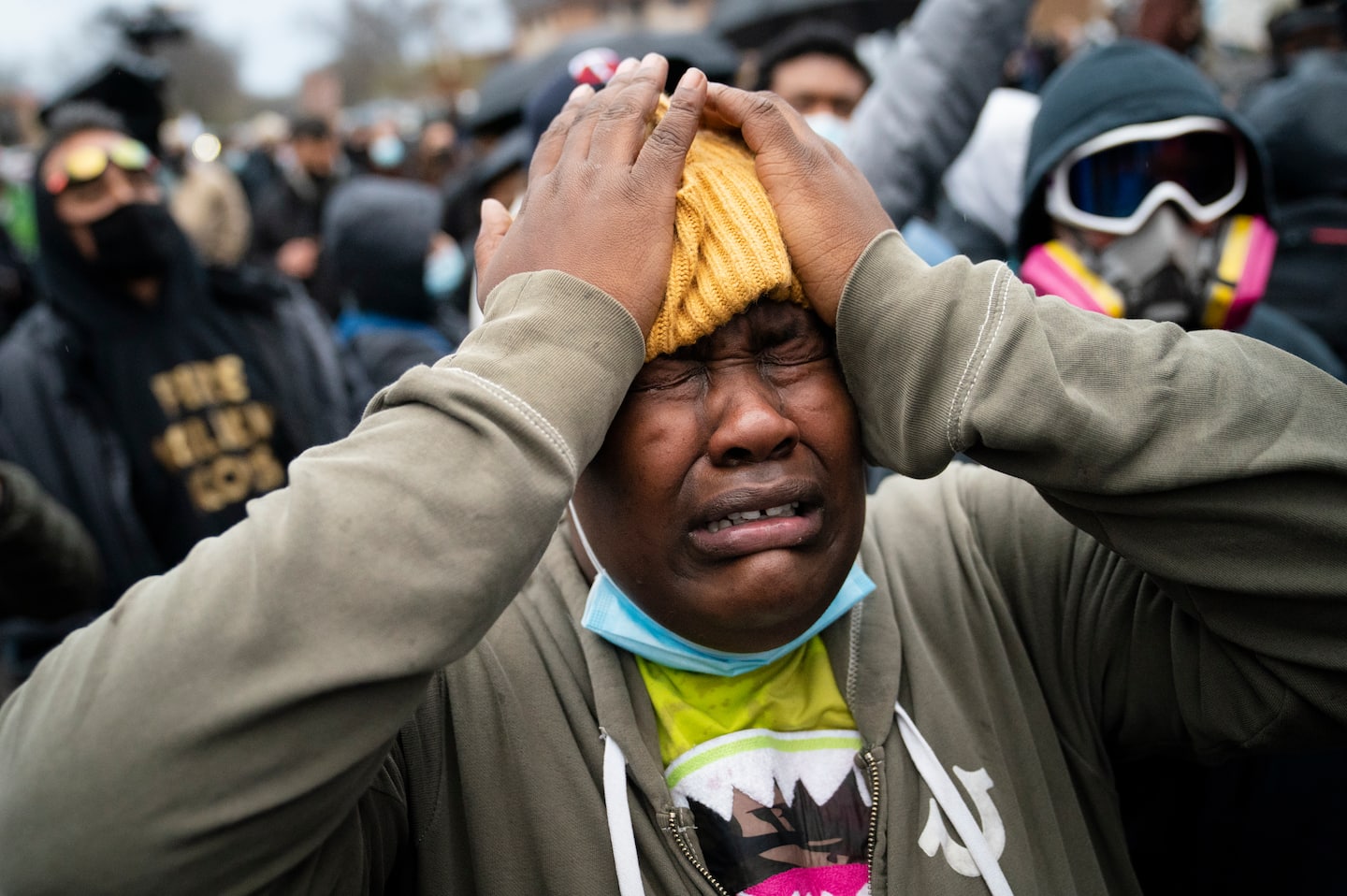Being Black in America is exhausting

There is no one way to be Black in America, but there is one way we live while Black in America. No matter our gender, age or socioeconomic status, we are viewed as threats. As a result, we live under siege.
Oh, we do a good job of hiding the stress of it all. But know this: Every Black person you know goes through some form of mental calculus before they start their day. And then that calculus is adjusted depending on the locations and circumstances in which we find ourselves at any given time.
My mother taught me the first few pieces of this calculus when I was a kid. Don’t run in public. Don’t run in public with anything in your hands. Don’t talk back to the police. As I got older, that calculus grew in length and psychological weight. In 1999, Amadou Diallo was killed by plainclothes New York City police officers in a hail of 41 bullets. They thought he had a gun. Instead, it was his wallet. I switched from a silver money clip to a regular wallet after that for fear of the reaction to a glint of metal by police.
My cellphone cover is always a vibrant color so no one thinks I’m carrying a gun. I never pull out my keys in public until I absolutely have to. Someone might think I’m carrying a knife. At night, I always walk down well-lit streets with lots of foot traffic. Far too many automatically deem Black people in dark spaces as suspicious.
Even before covid-19, I maintained a social distance, never walking directly behind anyone, especially a White woman. Before I pass at my brisk pace, I always do a shuffle step to alert them to my presence. That’s assuming I don’t cross the street or take a different route to avoid that whole thing altogether. I do the same when having to pass by an open-air bar featuring large groups of White men and alcohol.
Whenever I leave my apartment, especially if I go on a head-cleansing walk, I always have three things in my pocket: my driver’s license, health insurance card and Washington Post business card with my husband’s cellphone number and message to call him in an emergency.
You know how you might stop and admire a nice house? I don’t do that. My admiration is done on the move. You know how you might take a look inside a sweet car parked on the street? I look from a distance. And as I consider buying a car, my interior color selection will hue toward tan. The better for the police to see inside in case I get stopped for driving a nice car or whatever, which is why my dream of driving across country will remain a dream.
Then there are all the little indignities I’ve had to put up with. The clutched purse by a White woman. The tap of the back pocket by a White man to make sure his wallet is still there. The fitness room that empties shortly after my arrival. The salesperson who only talks to my White husband.
The one comfort I take in this harrowing time is that fewer White people will write off what I listed above as petty or paranoid. They’ve seen the videos. They’ve heard the wails of distraught families and angry communities. And they are starting to understand the contours of our pain. A White friend in Milwaukee exemplified this recently in a moving message to me on Instagram:
“I’m sorry you wake up every morning to a world that doesn’t appreciate you, doesn’t give you the same rights as your white counterparts, and expects you to give joy and humor just because you are allowed to live.”
As he implies, being “allowed to live” compounds the daily offenses I and other Black Americans face. We’re just so tired of the status quo. We just want to be able to live — in peace.
Read more:






